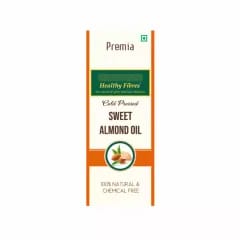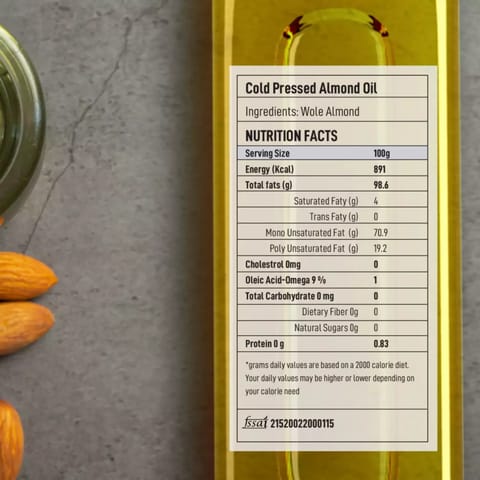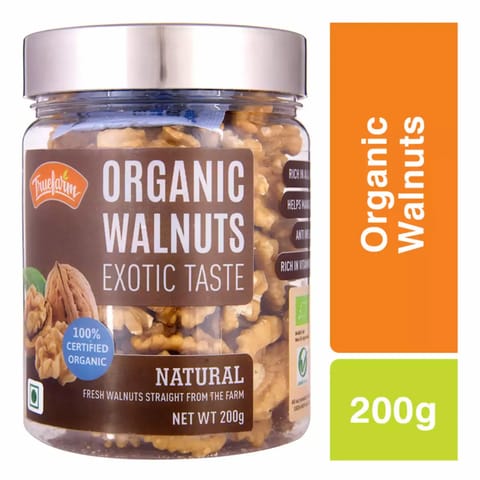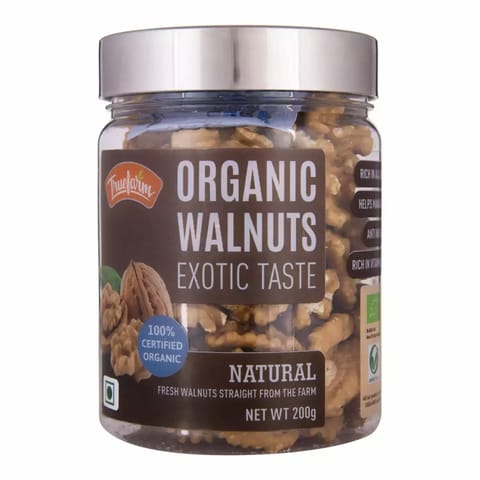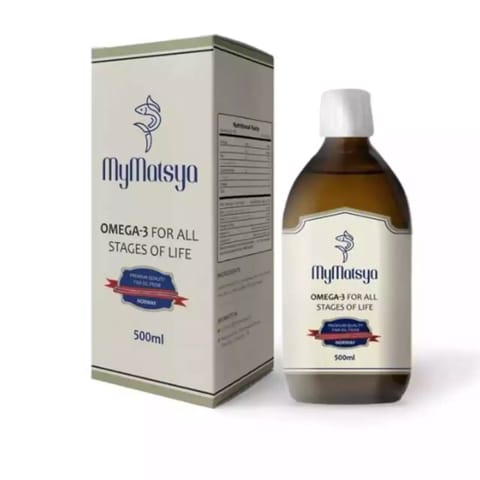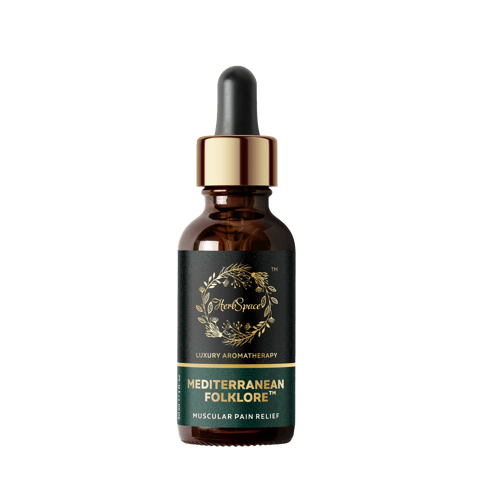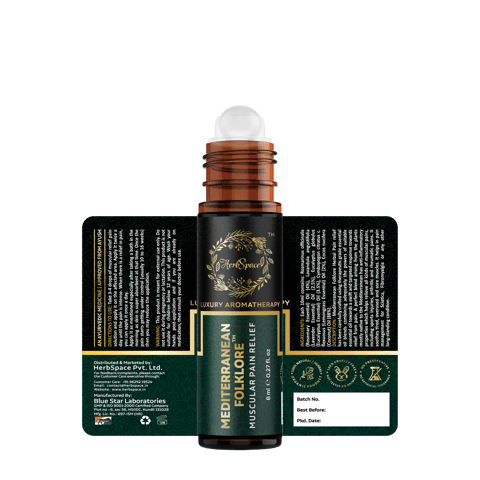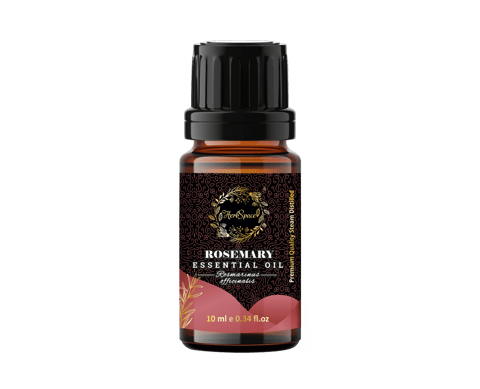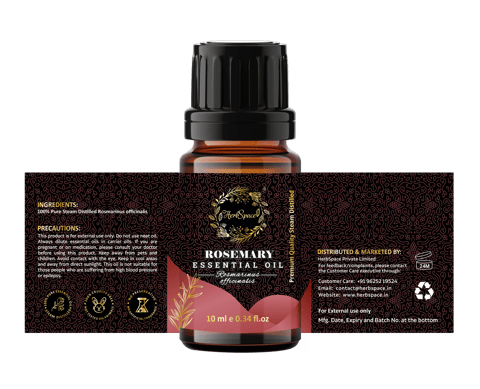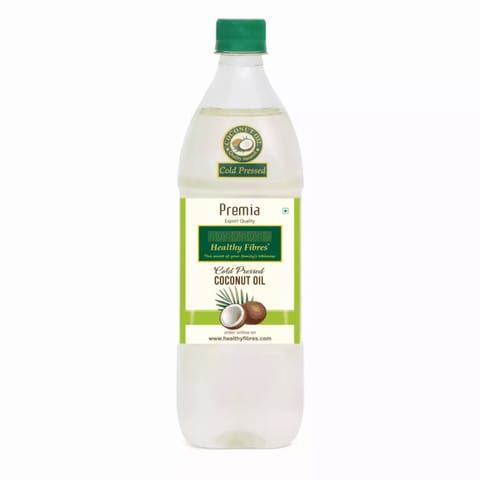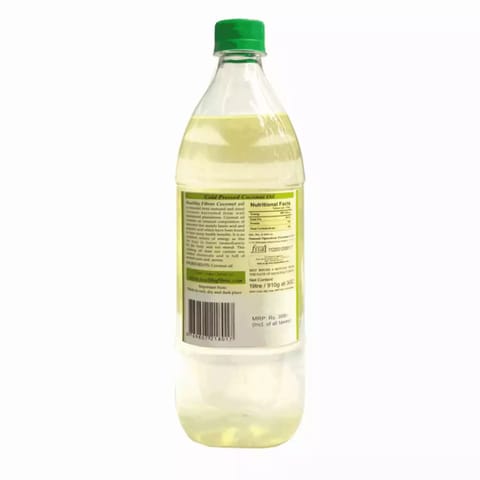Choose your location
Select a delivery location to see product availability and delivery options
Arthritis
What is Arthritis?
Arthritis is a common condition that affects millions of people worldwide. It is characterized by ...
What is Arthritis?
Arthritis is a common condition that affects millions of people worldwide. It is characterized by chronic inflammation and stiffness in the joints, leading to pain and limited mobility. While you require doctor’s advice on how to follow the proper medications, you can also consider including these nutrients which have been found to have a positive impact on managing the symptoms and slowing down the progression of the disease.
These nutrients can help manage the symptoms and slow down the progression of the disease. Omega-3 fatty acids, vitamin D, Calcium, antioxidants, selenium, and turmeric are among the nutrients that have shown promise in providing relief to arthritis patients. By incorporating these nutrients into a well-rounded diet, individuals with arthritis, be it osteoarthritis or rheumatoid arthritis can potentially improve their quality of life and better manage their condition.
We want you to not only make purchases related to Arthritis, but also grasp the importance of each nutrient before confidently purchasing from You Care Lifestyle (YCL). The brands and products showcased are exceptional, sourced ethically, thoughtfully curated, and thoroughly assessed for quality, adhering faithfully to their labels. They are part of YCL because they prioritize transparency, safety in ingredients, and are entirely devoid of detrimental chemicals and preservatives.
Rationale behind adding these products
Why Omega-3s are Good for Joint Health
Research discovered that people who eat lots of omega-3s have lower levels of two inflammation-causing proteins: C-reactive protein (CRP) and interleukin-6. Recent studies also found that taking fish oil supplements helps ease joint swelling, pain, and stiffness in those with rheumatoid arthritis (RA). These fatty acids can stop the body from making too many inflammation-causing substances, which brings relief to people with arthritis.
How Much You Need
The American Heart Association (AHA) and the Academy of Nutrition and Dietetics suggest eating three to four ounces twice a week or fish or 600 mg to 1000 mg of omega-3 supplements. Arthritis specialists think even more fish is even better for you.
Best Sources of Omega-3s:
Salmon, tuna, sardines, herring, anchovies, and scallops are cold-water fish that are full of omega-3s. Don't like fish? You can take supplements rich in omega-3s. Studies say that taking 600 to 1,000 mg of fish oil every day can help with joint pain, tenderness, and swelling. If you're a vegetarian, you can find omega-3s in chia seeds, flaxseeds, walnuts, almonds, soy, and vegan omega-3 supplements.
Why Calcium & Vitamin D
Research shows that having enough calcium can help with arthritis symptoms, especially for people with osteoarthritis. If you want real and honest calcium products, look for ones that are ethically sourced and full of goodness. Studies also suggest that people who don't have enough vitamin D are more likely to get arthritis and have worse symptoms. To make things better, you should make sure to get both Calcium & Vitamin D.
How Much You Need
Depending on how old you are, you should try to get the right amount of Calcium and Vitamin D every day. For Calcium, both adult men and women need about 1000 mg every day, and for Vitamin D, it's around 600 IU. But remember, your needs might be different based on your health situation and how much you need to help with your arthritis symptoms.
Best Sources of Calcium & Vitamin D
For Vitamin D, the best source is sunlight – it's like a natural dose of Vitamin D! Other okay sources are cod liver oil, egg yolks, and tuna. If you're not getting enough sun, you can try ethically sourced Vitamin D supplements without any chemicals.
When it comes to Calcium, milk and milk products are super sources. If you're a vegan, you can count on almond milk, nuts & seeds, green leafy veggies, and ragi. And here's a cool thing: when you take Calcium and Vitamin D together, your body gets even more Vitamin D.
So, remember, getting enough of these two can make a real difference in how you feel, especially if you're dealing with arthritis.
Why Antioxidants are Good for Your Bone
You should know about Vitamins C and E because they're important for arthritis and how you eat. These vitamins help fight something called oxidative stress, which can cause inflammation and damage in your sore joints.
How Much You Need
You don't need to remember big numbers, but you should eat enough of these vitamins to help your joints feel better.
Best Sources of Antioxidants
Foods that have lots of vitamin C are oranges, strawberries, and bell peppers. Vitamin E is in nuts, seeds, and oils that come from plants.
Why Selenium is Helpful for Joints
Selenium is like a superhero mineral for arthritis. It fights inflammation and helps your body's defenses. This can make your joints feel less painful.
How Much You Need
You don't have to measure it out, but getting a bit of selenium each day can help. Adults need about 55 micrograms of selenium every day. If you're a pregnant or breastfeeding woman, a little more – around 60 to 70 micrograms – is good for you.
Best Sources of Selenium:You can find it in foods like Brazil nuts, seafood, lean meats, and whole grains. If you want, you can also take special selenium supplements that are certified good for you.
Turmeric's Power
Turmeric is a spice that's used a lot in Indian cooking. Due to the presence of an active component, curcumin in it, can fight inflammation and thus works as a boon for joint pain. Studies say it can make arthritis pain and swelling go down.
How to Get it:
If you want to try turmeric, you can put it in dishes like curries, soups, or teas. Don't forget to add a little black pepper – it helps your body use turmeric better. There are also interesting products with turmeric on our platform that you can try to make part of your life.
References:
- Cordingley DM, Cornish SM. Omega-3 Fatty Acids for the Management of Osteoarthritis: A Narrative Review. Nutrients. 2022;14(16):3362. Published 2022 Aug 16. doi:10.3390/nu14163362
- Gioia C, Lucchino B, Tarsitano MG, Iannuccelli C, Di Franco M. Dietary Habits and Nutrition in Rheumatoid Arthritis: Can Diet Influence Disease Development and Clinical Manifestations?. Nutrients. 2020;12(5):1456. Published 2020 May 18. doi:10.3390/nu12051456
- Sambrook PN, Abeyasekera G, Ansell BM, et al. Calcium absorption in rheumatoid arthritis. Ann Rheum Dis. 1985;44(9):585-588. doi:10.1136/ard.44.9.585
- Tarp, U., Overvad, K., Thorling, E. B., Graudal, H., & Hansen, J. C. (1985). Selenium treatment in rheumatoid arthritis. Scandinavian journal of rheumatology, 14(4), 364–368. https://doi.org/10.3109/03009748509102039
- Daily JW, Yang M, Park S. Efficacy of Turmeric Extracts and Curcumin for Alleviating the Symptoms of Joint Arthritis: A Systematic Review and Meta-Analysis of Randomized Clinical Trials. J Med Food. 2016;19(8):717-729. doi:10.1089/jmf.2016.3705
Always remember that products can’t work alone, magic is not in formulas but in YOU. With balanced diet, good sleep, emotional detox, changing lifestyle will bring power and efficacy to the product.
DISCLAIMER : No products are a replacement for any medication or medical treatment. Please make an informed decision and keep your health profession in loop before introducing any new product especially if you have medical conditions.








